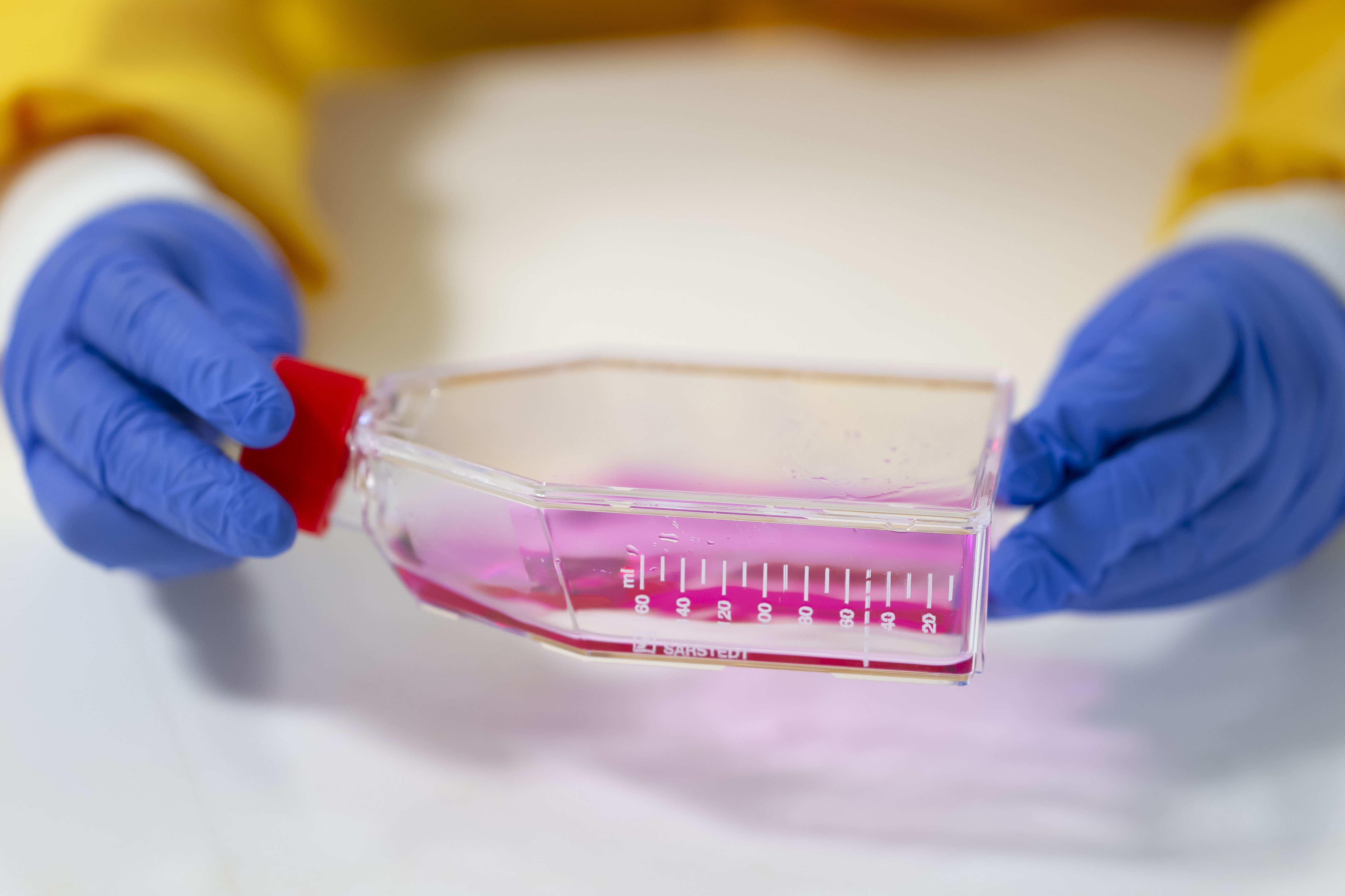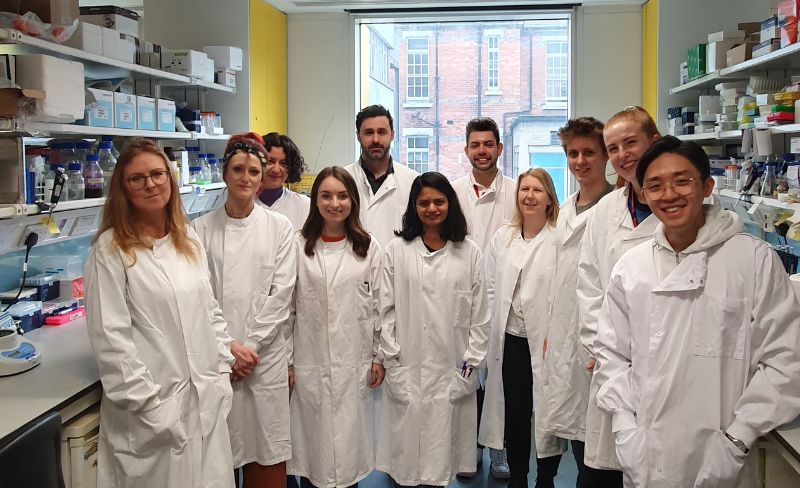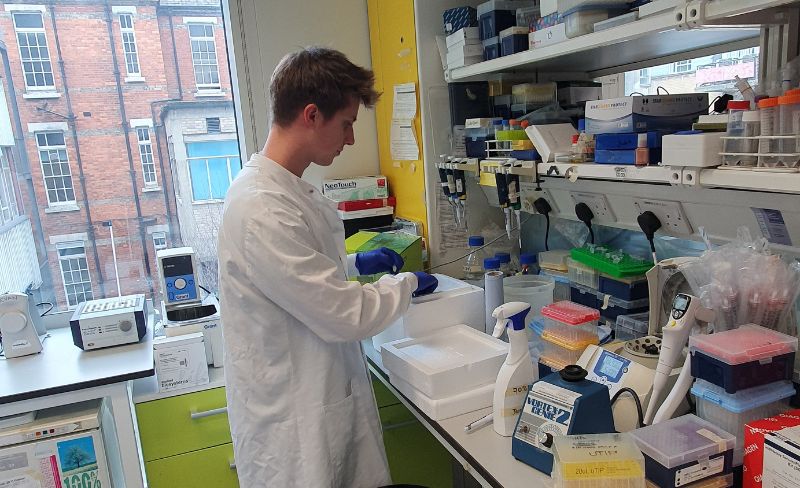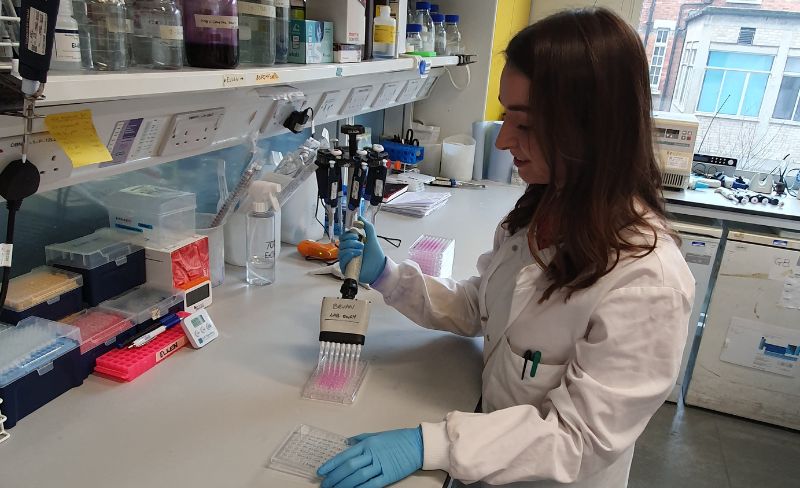
Prohibitin: a new way to slow prostate cancer growth

Grant information
Institution – Imperial College London
Researchers – Professor Charlotte Bevan
Grant award - £243,893
Duration of funding – 2011-2014
Status - Complete
Reference – PG10-25
We’re developing a new therapy with fewer side-effects than conventional therapies
The project in a nutshell

- Charlotte and her team have previously shown that the protein, prohibitin, is found less often in prostate cancer cells than normal cells.
- MicroRNAs are small segments of genetic material that are used naturally in the body to reduce the amount of specific proteins.
- Through blocking the microRNA, miR27a, this restored higher levels of prohibitin and reduced prostate cancer growth.
Why did we fund this project?
- Hormones such as testosterone, play an important role in prostate cancer growth.
- Conventional therapies for prostate cancer can include hormone therapy to reduce levels of hormones, but this can cause side-effects as hormones play many other roles in the body.
- Prostate cancer can also become resistant to hormone therapy, which demonstrates the urgent need for new therapies.
- Charlotte and her team are investigating microRNAs as a new way of treating prostate cancer that promises to have less side-effects.
What did the team do?

- The team used computational methods to find microRNAs which can directly bind to prohibitin, of which miR27a was the most promising.
- Using techniques to measure the amount of short pieces of RNA, Charlotte and her team assessed whether more miR27a is present in prostate cancer samples than non-cancer samples.
- The team also used methods to create compounds which inhibit miR27a in prostate cancer cells to see if the amount of prohibitin changes.
What did the team achieve?

- The team showed that miR27a is important in controlling the amount of prohibitin.
- The team developed compounds to inhibit miR27a, which increased the amount of prohibitin, and showed promise in reducing prostate cancer growth.
- Find more information on continued work on miR27a by Dr. Hector Keun.
How will this benefit men?

- This study shows the promise of targeting microRNAs in reducing prostate cancer growth and could form a new future treatment for men, with fewer side-effects than conventional therapies.
- More work is needed in the future to show direct benefits to men, but this work is an important first step in finding a new way to help stop the progression of prostate cancer.
With your help we can beat prostate cancer, together
With your continued support you can help us cure more men with less harm. Take action today and help us work towards a future where men's lives aren't limited by prostate cancer
